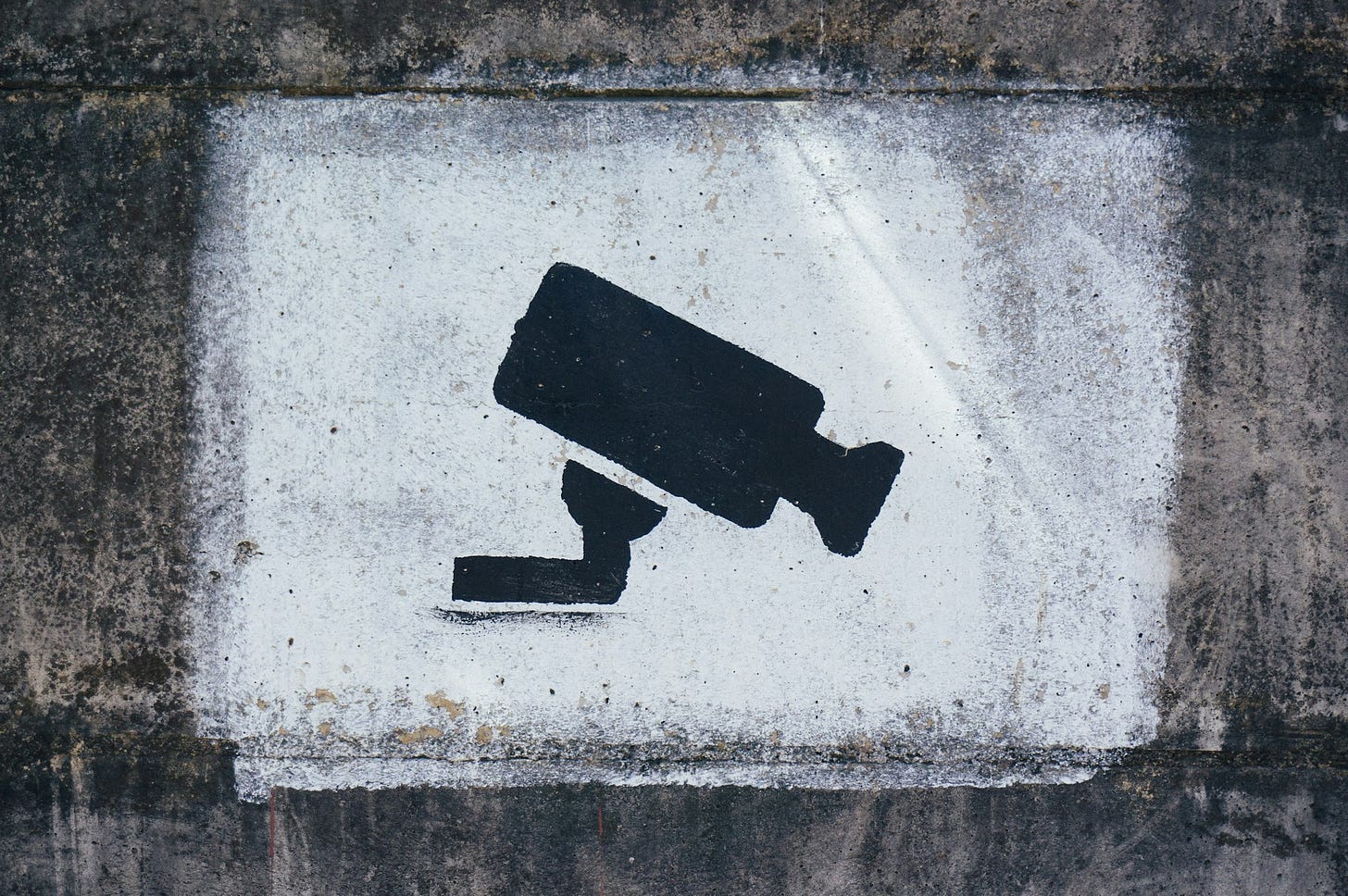The Importance of Keeping Your Information Secure: Why Privacy in Technology is Vital
With the increasing use of technology comes the risk of privacy violations, which can have dire consequences. This is why protecting our privacy in technology is crucial.

Why Privacy in Technology is So Important
Technology has become an integral part of our lives, and we rely on it to carry out our daily activities. Our smartphones, l…

